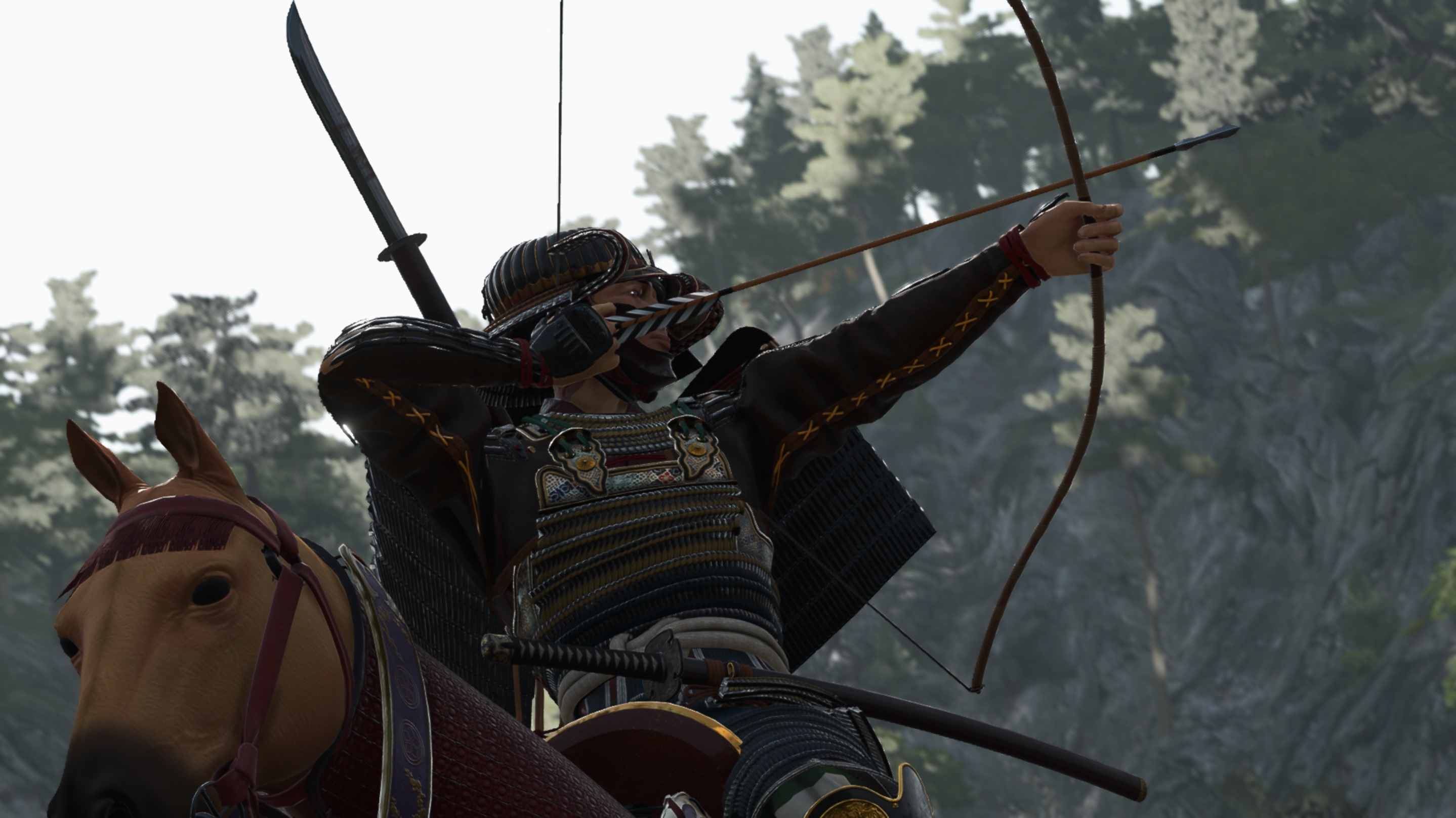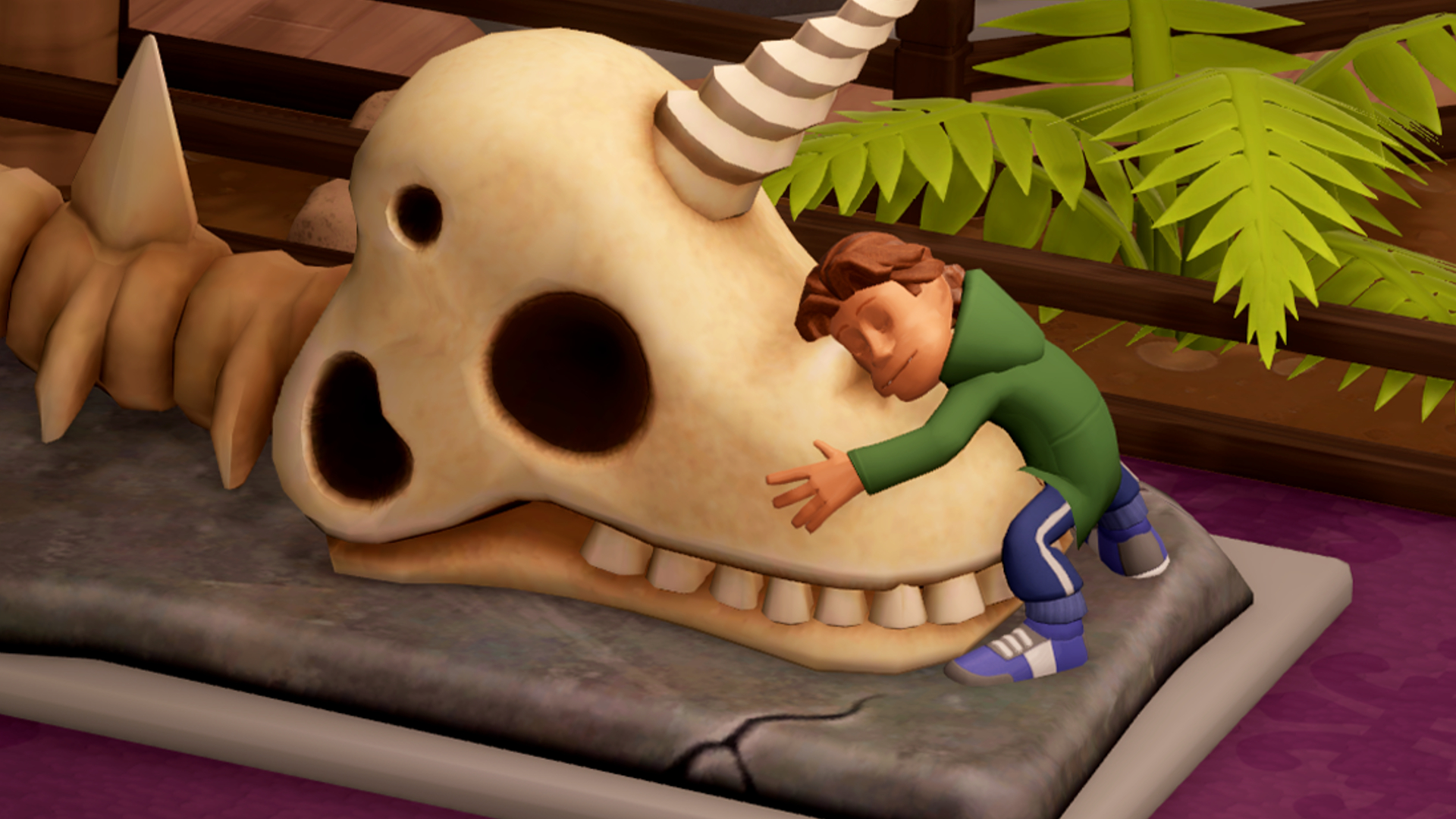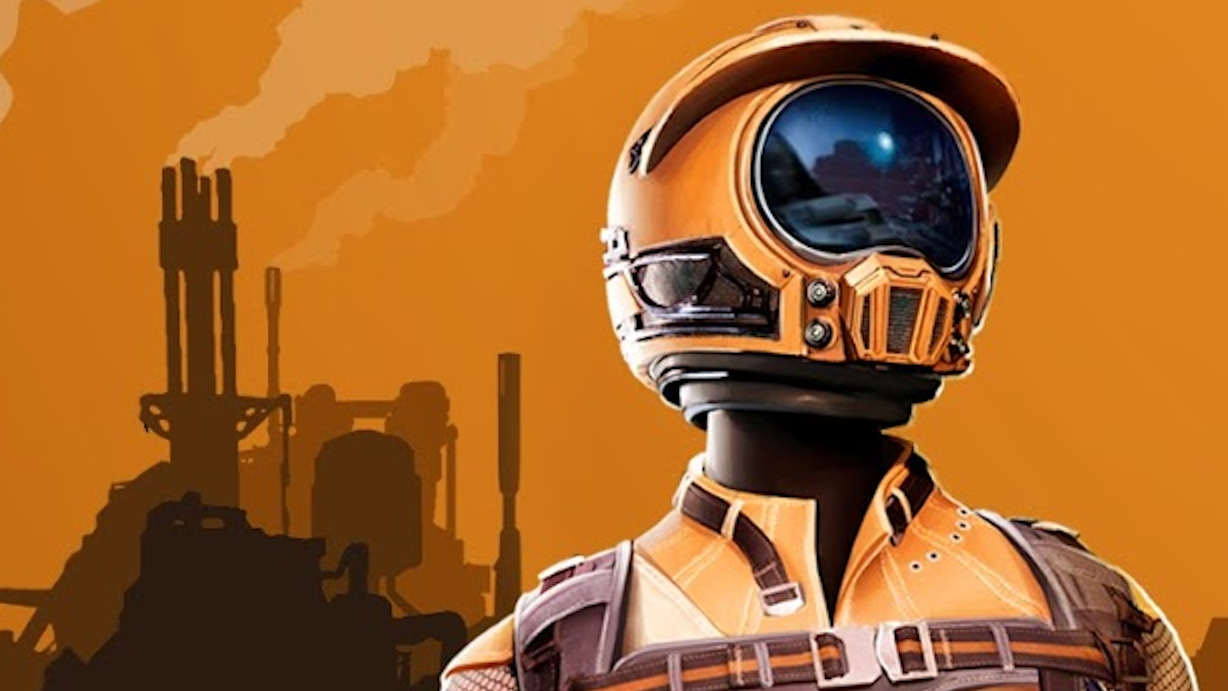
Stellar Blade Preview: Sekiro Meets NieR: Automata?
If stylishly wielding a sword as an anime-style female warrior traversing a post-apocalyptic world left behind by its inhabitants sounds anything like NieR: Automata, well, that’s because Stellar Blade director Kim Hyung Tae was directly inspired by Square Enix’s 2017 hit.
I’m probably not the only one who imagined Stellar Blade would play similarly to NieR: Automata, too: a stylish but casual action game that allows you to beat the crap out of your enemies without too much stress. However, from the moment I got the hold of the controller, I realized that I was going to have a much more nerve-wracking experience than I expected, in the best possible way.
That doesn’t mean Stellar Blade doesn’t feel stylish or exhilarating. As soon as you start mixing up heavy and light attacks with the square and triangle button, it feels good to play.
But Stellar Blade puts a much bigger emphasis on defensive skills than I was expecting. Reading the timing of enemy attacks for well-timed parries and dodges is almost as important as it was in Sekiro: Shadows Die Twice. Parrying multiple attacks to disrupt your enemy’s balance allows you to perform a special attack called Retribution. With so many recent games inspired by Sekiro’s gameplay structure, this alone doesn’t come off as anything particularly original anymore, but Stellar Blade takes things one step further.
Stellar Blade puts a much bigger emphasis on defensive skills than I was expecting.
Besides your regular dodge mechanic, Stellar Blade introduces Blink and Repulse. Both are dodging skills that counter the enemy’s attack, but they can only be used against specific attacks. Blink is utilized by pressing the Circle button and moving the analog stick forward simultaneously, while Repulse requires you to press Circle and move backwards. At first, it can be challenging to instantly know and react to an enemy attack that can be countered by Blink or Repulse, but once you get the hang of it, parrying and dodging a series of attacks only to deliver a devastating counterattack at the end feels incredible. It makes you realize just how much Stellar Blade rewards the time you take to learn attack patterns.
In games that put a high emphasis on parrying and dodging, I often find myself playing a bit too defensively. Thanks to a great set of offensive tools, I didn’t have the same problem with Stellar Blade. Beta Skills – which can be utilized once your gauge is full – can cancel an enemy’s attack if the timing is right. There is also an attack that allows you to quickly get close to the enemy after dodging from a distance. Delivering a series of attacks with the Square and Triangle buttons, canceling your enemy’s attack with a well-timed Beta Skill only to finish them off with yet another combo can feel just as great as the parrying and dodging. Stellar Blade provides the player with both great defensive and offensive skills, which makes it feel balanced and deep. Being able to take different strategies depending on the enemy type is great in itself, but it feels like Stellar Blade has enough depth and variety for players to find their own unique style to tackle the challenging combat.
Stellar Blade’s wide array of gear can complement that playstyle. You can find and equip gear that decreases the damage you take in melee combat, gear that speeds up your attacks, gear that increases the damage of combo attacks, and much more. Luckily, the gear you equip for these stat boosts is not related to the appearance of Eve, Stellar Blade’s protagonist. Players will be able to unlock and wear a multitude of costumes which do not affect your character build.
At a certain point in the game, Eve will become able to use a long-range gun-type weapon as well. Shooting projectiles from an over-the-shoulder camera perspective makes it feel like a typical third-person shooter. While melee combat remains the main focus, some instances require the use of your gun in order to advance, and apparently some stages are designed for this weapon, but I didn’t get to play any of those stages.
I did get to use the gun in a fight against Stalker, one of Stellar Blade’s creepy bosses. By successfully countering a specific attack with Repulse, a weak spot is unveiled next to Stalker’s head. Heavy damage can be dealt if you are quick enough to fire at this weak spot. I also found myself relying on the gun whenever I was out of potions, as attacking from a distance wasn’t nearly as risky as attacking with my blade. At the very least, the gun should function as yet another option in Stellar Blade’s already robust combat.
The bosses I got to fight all had a wide array of attack patterns that fundamentally changed once they headed into a different phase. While overwhelming at first, after a few tries I realized how their attacks were designed for me to utilize the parrying, dodging and other skills that Stellar Blade had taught me at that point.
Stellar Blade has two difficulty settings: Normal Mode and Story Mode. While calling it a Soulslike would make it sound more difficult than it actually is, in Normal Mode regular enemies can kill you if you let your guard down. On my first few attempts, bosses felt quite challenging as well.
From a game design perspective, Stellar Blade does draw a lot of inspiration from the Soulsborne genre. Camps feel just like Bonfire checkpoints, you can unlock shortcuts that lead you back to those checkpoints, and be prepared for surprise attacks from enemies placed just around a corner
When playing in Story Mode, the game feels a lot more forgiving, and you can turn on an accessibility option called Action Assist that tells you the right timing for parrying and dodging in QTE fashion.
I liked that camps don’t just function as a place that restores your health and refills your potions, but provides some actual relaxation for Eve and the player. Watching Eve kick back on her chair while playing your choice of song on the record player is a good way to take a break. At these camps, Eve occasionally has conversations with her friends, and the game can reward you with flashbacks and other events. Some events only occur at specific camps, so finding all the camps functions as a nice extra for completionists or those who want to dig deeper into Stellar Blade’s world and characters.
You can buy items and learn new skills at camps as well. Newly obtained skills can be tried out in the game’s training room, but even if you don’t, Stellar Blade will remind you of that skill during the first combat session in the main game. Stellar Blade has many small details like this that made me feel like I was being taken great care of. For example, whenever the Beta Skill gauge is full, the game’s UI will notify you of this. While it may sound like an afterthought, for someone who often gets caught up in the action and forgets to look at the gauge like me, it goes a long way.
While Stellar Blade is combat focused, I experienced some simple puzzles and platforming as well. Entering a code in order to open a door was so straightforward that I didn’t even feel bad to refer to the hint feature.
While not particularly spectacular, platforming sessions like moving wooden boards on a water surface by swimming to then climb on them and jump to a nearby ladder were decent enough to provide some welcome variety. Speaking of swimming, Eve can swim underwater as well, which I found somewhat rare for a combat-focused action game like Stellar Blade. In typical videogame fashion, swimming to the bottom of the water rewarded me with a treasure chest. What else would you expect?
While mostly linear, the stage I got to play was wide enough for a few detours with other hidden treasure chests and optional enemies. I got the impression that Stellar Blade takes exploration seriously as well, at least for an action game. In the main game, players can explore a city called Xion as well as some less linear areas. While the depth of its exploration remains to be seen, Stellar Blade’s action alone was more than enough to get me excited for its April 26 release on PlayStation 5.
Esra Krabbe is a stellar editor at IGN Japan.






